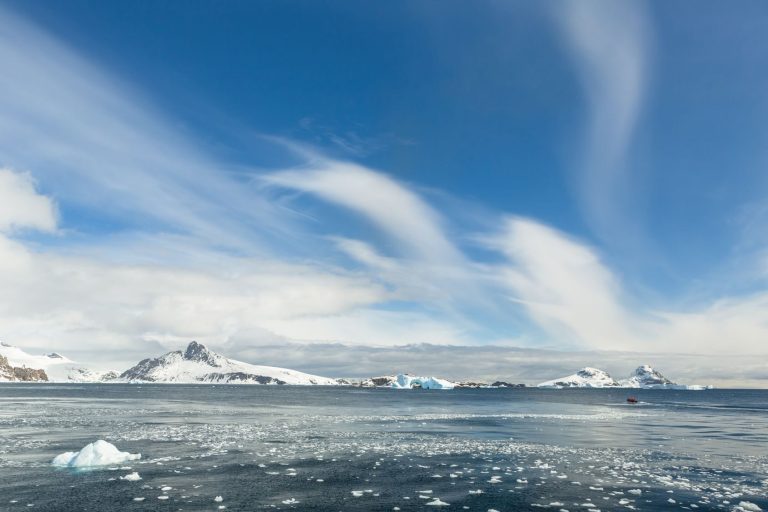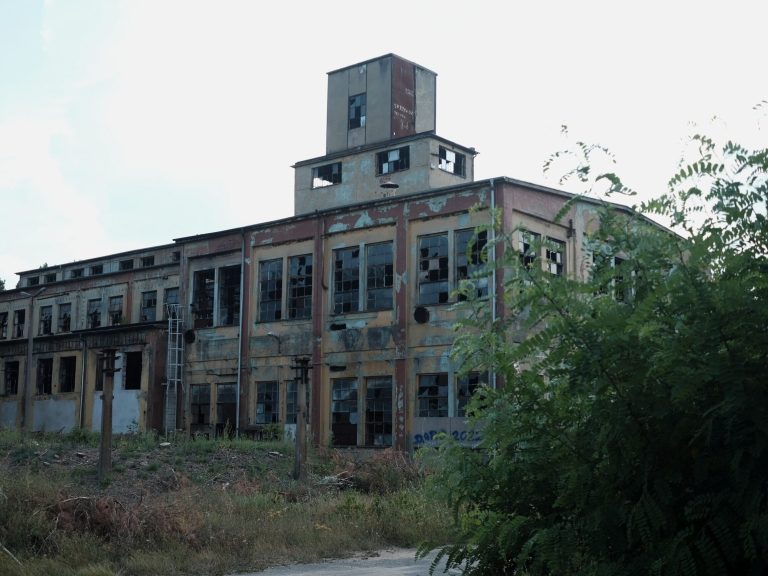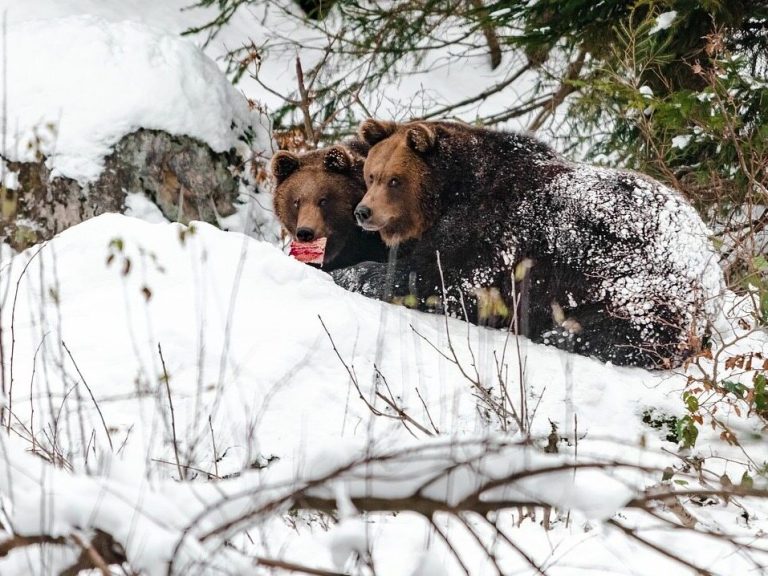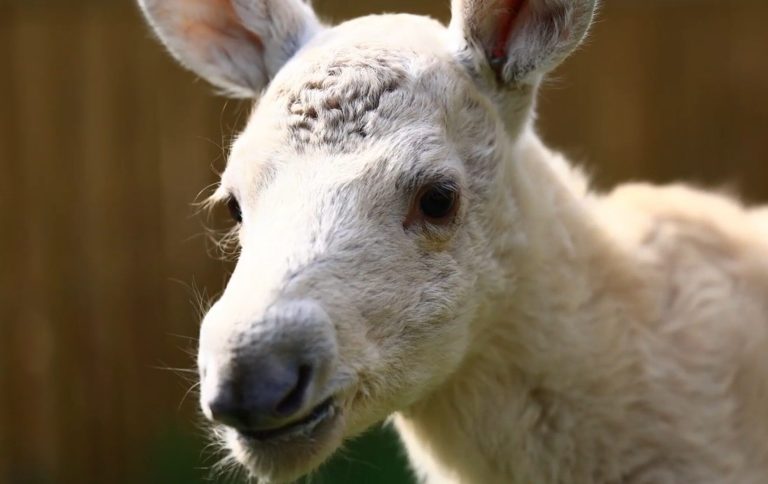Record heat in Siberia. The scientist predicts a disaster
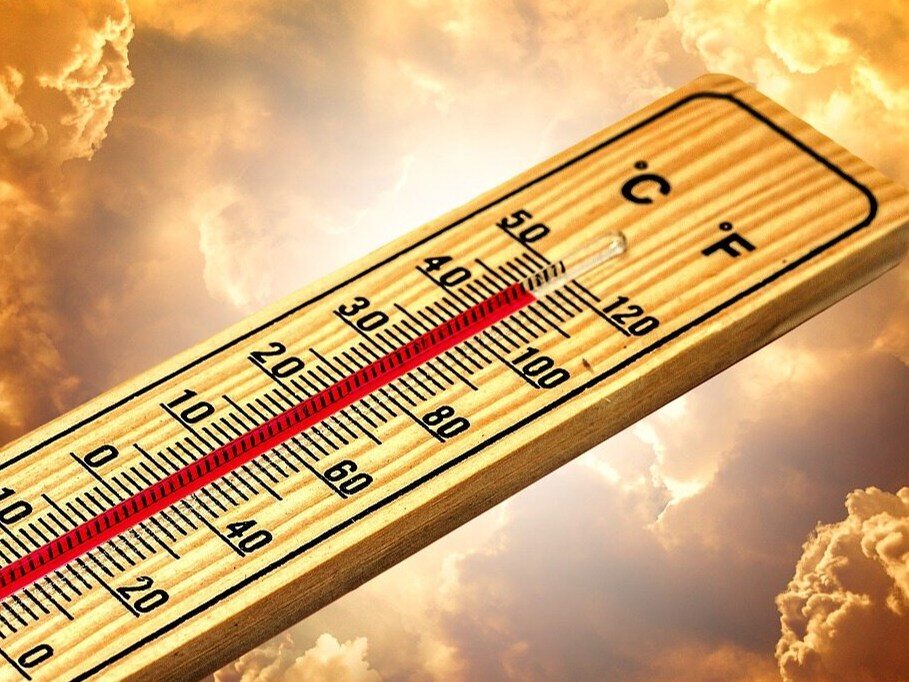
The very high temperatures recorded this summer in Siberia may disturb the ecosystem of local peat bogs for many years. As a result, large amounts of carbon dioxide, previously accumulated in peat, are released into the atmosphere – warns Prof. Bogdan Chojnicki.
Peat bogs in Siberia cover millions of hectares of land. They have been slowly storing carbon for thousands of years, absorbing carbon dioxide from the air. However, due to global warming, these areas are increasingly losing their ability to store carbon absorbed through plant photosynthesis. The increase in temperature also causes the release of previously accumulated carbon (in the peat mass) into the atmosphere.
Summer heat in Siberia
In the second half of June, the RIA Nowosti agency reported that In the city of Verkhoyansk in the Republic of Yakutia in the Asian part of Russia, called the North Pole of Cold, 38 degrees Celsius was recorded. The summer heat in Siberia is no exception, but until now it has not come so early; temperatures were also slightly lower.
Siberia is a vast, uninhabited area, interspersed with picturesque lakes. Between them there are peat bogs – wetlands inaccessible to humans. These are areas annexed by mosses, lichens, peat vegetation or small trees and shrubs. The permafrost begins shallowly beneath them. It hasn’t thawed so quickly so far. However, global warming means that these areas covered with “eternal ice” are starting to melt. This is a bad sign for the local peat bogs. The delicate balance between temperature and the amount of water needed by local fauna is being disturbed.
Peatlands are starting to emit greenhouse gases
– Peat bogs in the far north are the largest “reservoirs” of soil carbon in the world. They have been accumulating carbon dioxide for thousands of years. Current human-caused climate change is causing temperatures to rise rapidly. With it, peat bogs dry out more and the permafrost melts – notes Prof. Bogdan Chojnicki from the Department of Ecology and Environmental Protection of the University of Life Sciences in Poznań.
And it’s just a small step from there to emitting it instead of absorbing net CO2. And this – as the expert notes – is already starting to happen, especially when dry peat bogs burn, which has become more and more frequent in recent years. In this way, climate-friendly peatlands begin to emit greenhouse gases and increase global temperatures.
A hot flash from the south that came over Siberia this year. Prof. Chojnicki compares it with the one that reached Poland last year. The worst thing is that even one very warm season can seriously disturb the balance of peat bog ecosystems, because – as the scientist notes – the organisms that live there are durable, but they need time to adapt.
– We are entering a vicious circle. To take care of peat bogs, we must take care of the climate. There is no other way for peat bogs to survive. They cannot be “irrigated” or extinguished in the event of a fire, because they cover a huge area – he points out. This is why as the peat bogs dry and the permafrost melts, the climate will probably warm up even faster than before – warns the researcher. He emphasizes that peat bogs absorb carbon dioxide very slowly. Therefore, you should take care of them, realizing that it is an “investment” for the next decades.
The advantages will not outweigh the negative consequences
Prof. Chojnicki says the effects of climate change do not progress identically in every region. Heat records are broken in different years in other regions – once in Siberia, sometimes in Europe. This does not change the fact that the global air temperature on Earth is systematically increasing.
The media reported information that the authorities of some regions of Siberia were looking forward to higher temperatures, as this would enable easier access to natural resources hidden under the permafrost.
– No benefits resulting from global warming will offset the negative consequences, on balance – we will lose – says the scientist. It also indicates that infrastructure in Siberia was based on permafrost in many places; now some installations and houses may be at risk of destruction.
– Hot summers cause huge energy demands, including: due to the mass use of air conditioning – in recent years we have seen record demand for electricity in Poland. And this is just one of the very negative examples of the impact on our lives caused by global climate change, he concludes.

